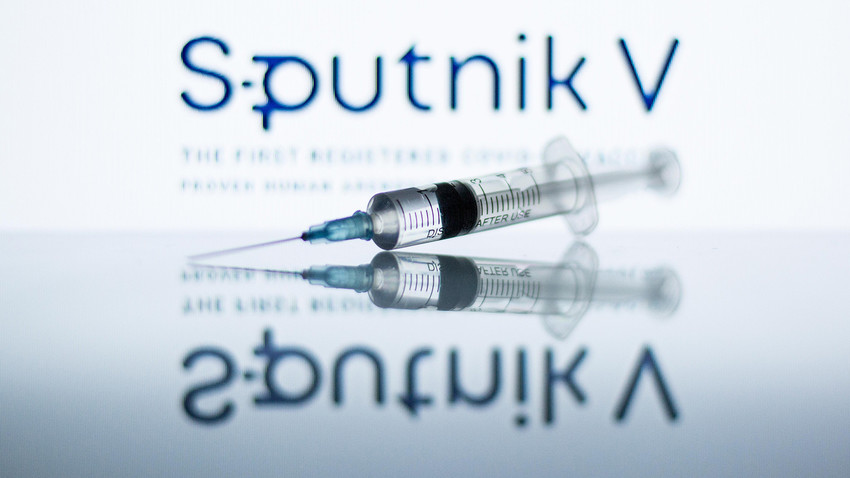Explainer: Main findings so far of all 3 phases of Sputnik V testing

The Gamaleya Institute, producer of the first officially registered coronavirus vaccine, has finally published the results of all three phases of clinical trials in the respected medical journal The Lancet. A total of 19,866 volunteers took part in the study. A mass Sputnik V vaccination program is already underway in Russia, with 15 other countries set to follow. Here’s what we know for sure about the vaccine as of today:
- Coronavirus antibody levels are 1.3-1.5 times higher in vaccinated people than in those who have had coronavirus.
- Antibodies to coronavirus after vaccination were detected in 98% of volunteers, and cellular immunity was found in all trial participants.
- In the group that received the vaccine, 16 people (0.1%) fell ill. In the group that received a placebo, the number was 62 (1.3%). Thus, the average efficacy of the vaccine is 91.6%. This is slightly below the level reported earlier in the second phase of testing (around 95%).

- Importantly, the 1,611 recipients of the vaccine were over 60 years old (almost half with concomitant diseases), and the vaccine efficacy in this group (91.8%) was slightly higher than the average indicator.
- However, the vaccine is 100% effective against moderate to severe COVID-19.
- There were 45 cases of severe side effects in the vaccinated group, but none were related to the vaccine, it was confirmed by the Independent Data Monitoring Committee (IDMC).
- Four deaths were recorded during the trials: three in the vaccinated and one in the placebo group, yet it was confirmed that none of the deaths were associated with the vaccine. In the vaccinated group, patients became ill 4–5 days after the first dose. The researchers concluded that these deceased had become infected before the study began, despite a negative PCR test.
- The trials revealed that most of those who were vaccinated but still fell ill with coronavirus, did so before the second dose (an adenovirus vaccine, injected in two stages). In other words, resistance becomes noticeable approximately 16-18 days after the first shot.
- Allergic reactions and anaphylactic shock were not recorded after Sputnik V vaccination. Adverse effects included colds, pain at the injection site, headache and general weakness. These are believed to be moderate and non-threatening side effects; they were mild in 94% of those vaccinated.
What next?
The final analysis of the results is still to come, since the observation period after the first dose has so far been 48 days. It remains to be seen how Sputnik V behaves in the long run — during 180 days after the second injection. Yet this is also true of every other vaccine currently available in the world.
If using any of Russia Beyond's content, partly or in full, always provide an active hyperlink to the original material.
Subscribe
to our newsletter!
Get the week's best stories straight to your inbox